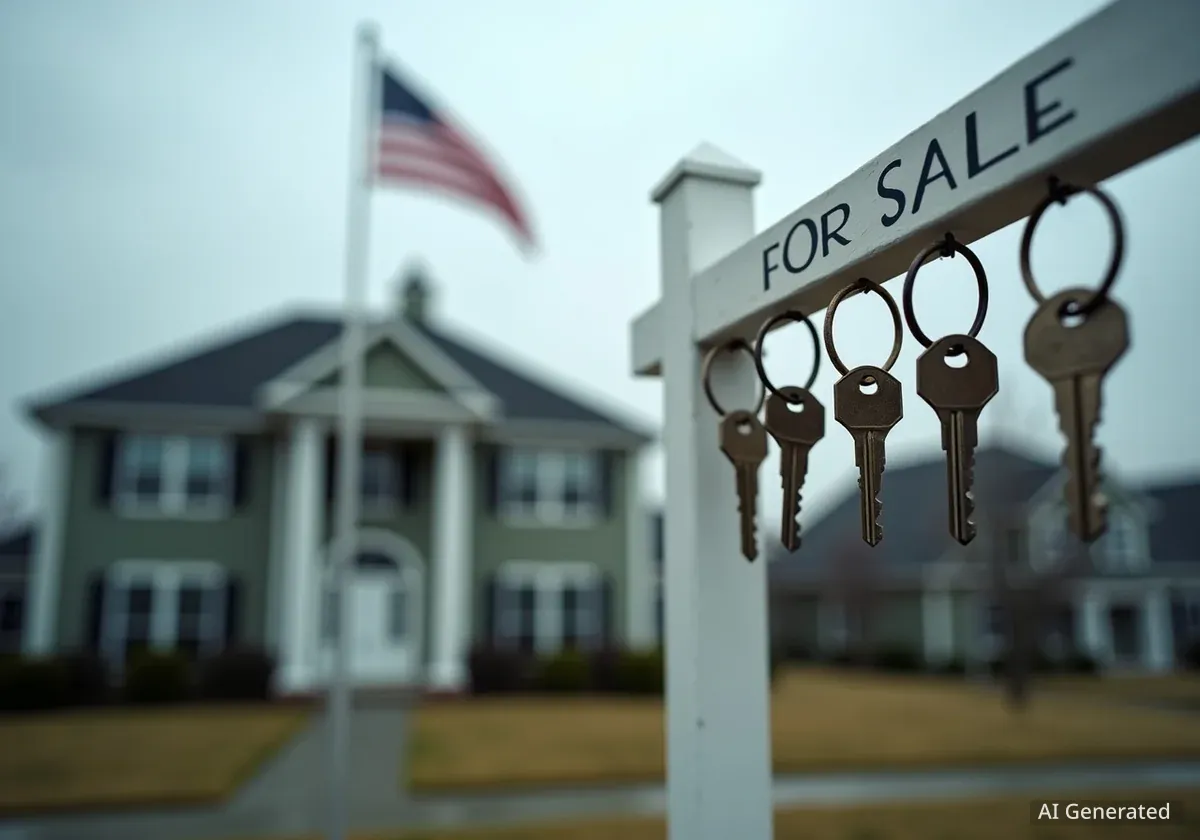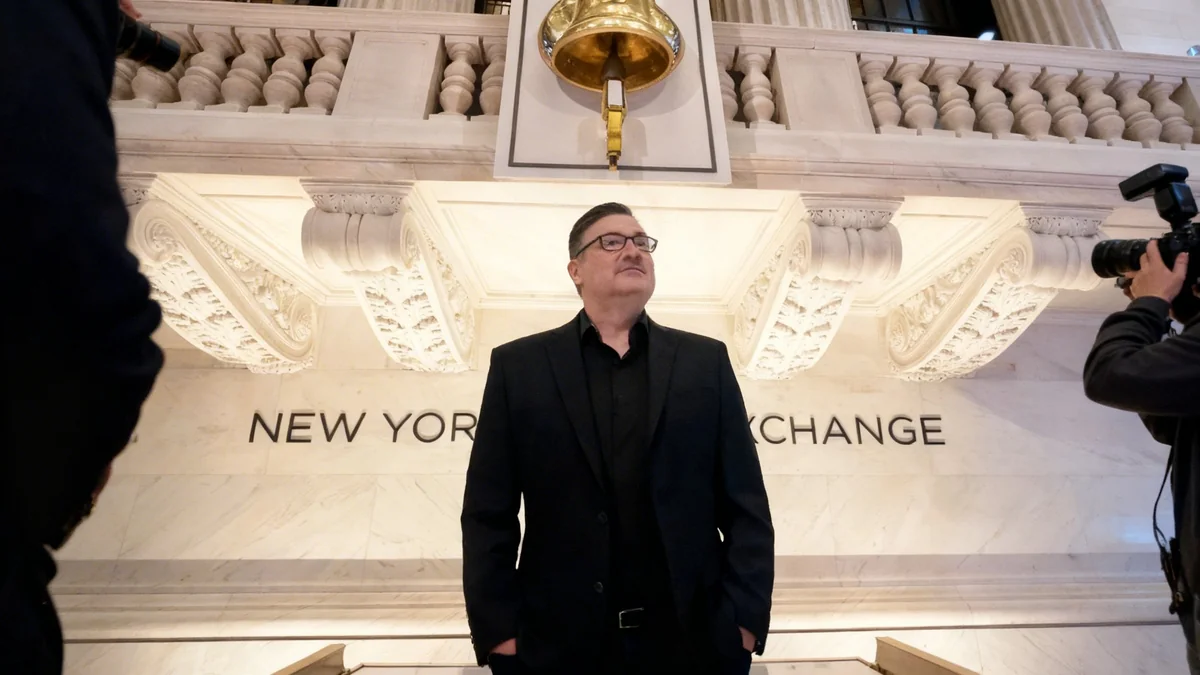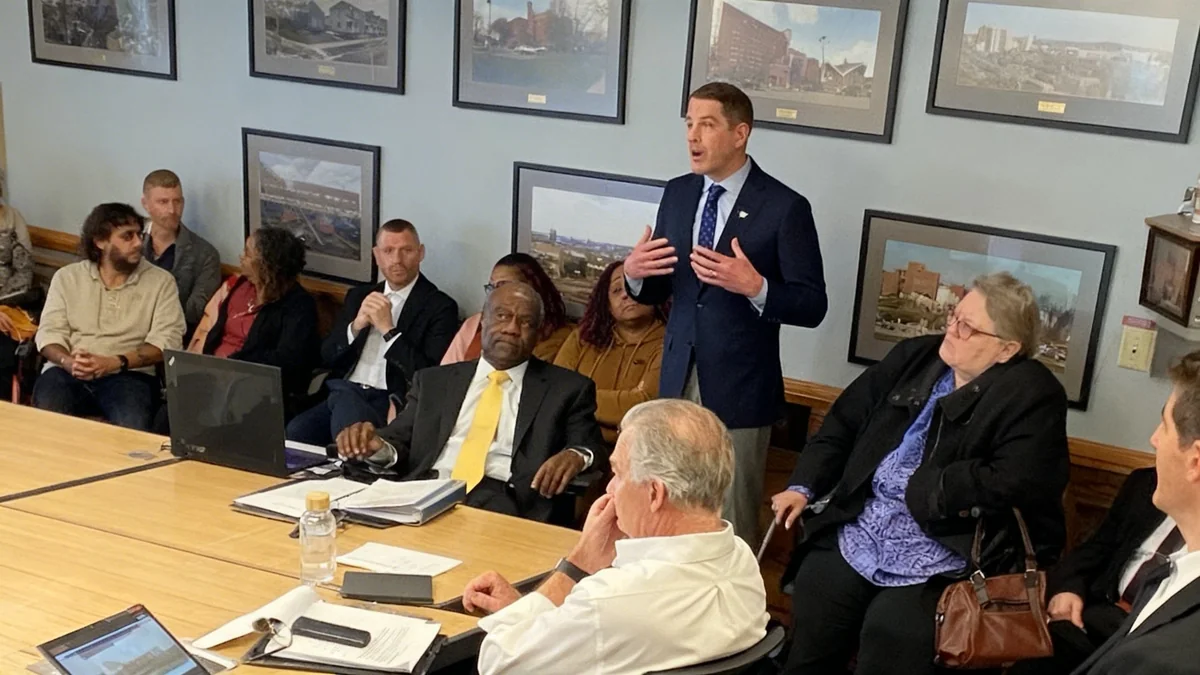The ongoing government shutdown, now the longest in American history, has brought a significant portion of the nation's housing market to a standstill. Thousands of home sales, particularly those relying on federal loan programs, face indefinite delays, leaving buyers and sellers in precarious financial situations across the country.
Key Takeaways
- Federal loan programs like USDA and HUD-184 are frozen, impacting rural and tribal communities.
- Loan endorsements from FHA and VA are also backing up.
- The National Flood Insurance Program cannot issue new or renewal policies, affecting up to 40,000 sales monthly.
- Delayed closings are costing local economies millions and jeopardizing buyers' earnest money.
- The shutdown's economic impact could reach billions, with some losses becoming permanent.
Federal Loan Programs Stall Home Sales
Many homebuyers depend on federal assistance to secure mortgages. Programs like the USDA Rural Development loans and HUD-184 loans for Native American borrowers are critical lifelines. However, with the government shutdown, these programs have ceased operations, halting new approvals and processing.
Christina, a Realtor in rural Oklahoma, described the immediate impact. She reported that roughly 80 percent of her home loans rely on USDA or HUD-184 programs. "Our phones have gone quiet," she stated, indicating a drastic slowdown in new offers and showings.
Direct Impact
- Two closings scheduled for Friday were delayed indefinitely.
- A triple closing is held up waiting on a USDA buyer, now over a month into extensions.
- Buyers have invested thousands in earnest money, appraisals, and inspections.
These delays are not just an inconvenience. For many families, especially those in low-to-moderate-income brackets or tribal communities, these loans represent their only path to homeownership and building generational wealth. The prolonged shutdown pushes this dream further out of reach.
Widespread Delays Affect FHA and VA Loans
The ripple effect of the shutdown extends beyond rural and tribal housing. Loan endorsements from the Federal Housing Administration (FHA) and the Department of Veterans Affairs (VA) are also experiencing significant backlogs. These programs support millions of Americans, and their slowdown exacerbates the housing crisis.
"What Washington policymakers call a 'temporary funding lapse' is, in practice, a permanent setback for families who have saved, planned and dreamed of homeownership."
This statement highlights the human cost behind the political gridlock. For families living paycheck to paycheck, the expiration of appraisals or rate locks can mean losing their initial investments and the need to start the entire process over, often at a higher cost.
About Federal Housing Programs
USDA Loans: Designed for low-to-moderate-income families in rural areas, offering favorable terms and often requiring no down payment.
HUD-184 Loans: Specifically for Native American borrowers, providing expanded access to homeownership on tribal lands and in approved areas.
FHA Loans: Insured by the Federal Housing Administration, these loans offer lower down payments and easier credit qualification, making homeownership accessible to a broader range of buyers.
VA Loans: Backed by the Department of Veterans Affairs, these loans provide favorable terms, often with no down payment, for eligible service members, veterans, and their spouses.
National Flood Insurance Program Faces Lapse
Adding another layer of complexity, the National Flood Insurance Program (NFIP) has been unable to issue new or renewal policies since October 1. This lapse leaves homebuyers in flood-prone areas vulnerable, as many mortgage lenders require flood insurance for properties in high-risk zones.
Research indicates that a similar 60-day lapse in NFIP authority in 2010 affected up to 40,000 home sales per month. This put approximately $7 billion in real estate transactions at risk. An inch of flooding can cause an estimated $25,000 in damage, making coverage essential for protection.
While existing NFIP policies remain active for a 30-day grace period, the uncertainty grows with each passing day. If the shutdown continues, current homeowners in high-risk areas could also find their policies expiring, leaving them without protection, particularly during hurricane season.
Economic Fallout and Broader Consequences
The real estate sector is a significant driver of the U.S. economy, accounting for nearly one-fifth of the entire economic output. Each home sale generates more than $125,000 in local economic activity and supports at least two jobs. When transactions stall, this economic engine slows dramatically.
The effects cascade through local economies, impacting a network of professionals including appraisers, inspectors, contractors, lenders, and title companies. Small towns and city neighborhoods lose momentum, and the financial strain on individuals and small businesses intensifies.
The Congressional Budget Office estimated the last prolonged government shutdown cost the U.S. economy $11 billion, with $3 billion permanently lost. Current projections suggest the nation is on the verge of repeating these costly mistakes, threatening market stability, affordability, and public confidence in the housing sector.
Homebuyers and sellers continue to make plans and invest in their communities. They expect a functioning government that supports these efforts. The longer the shutdown persists, the deeper the damage to the American Dream of homeownership and the broader economy.





